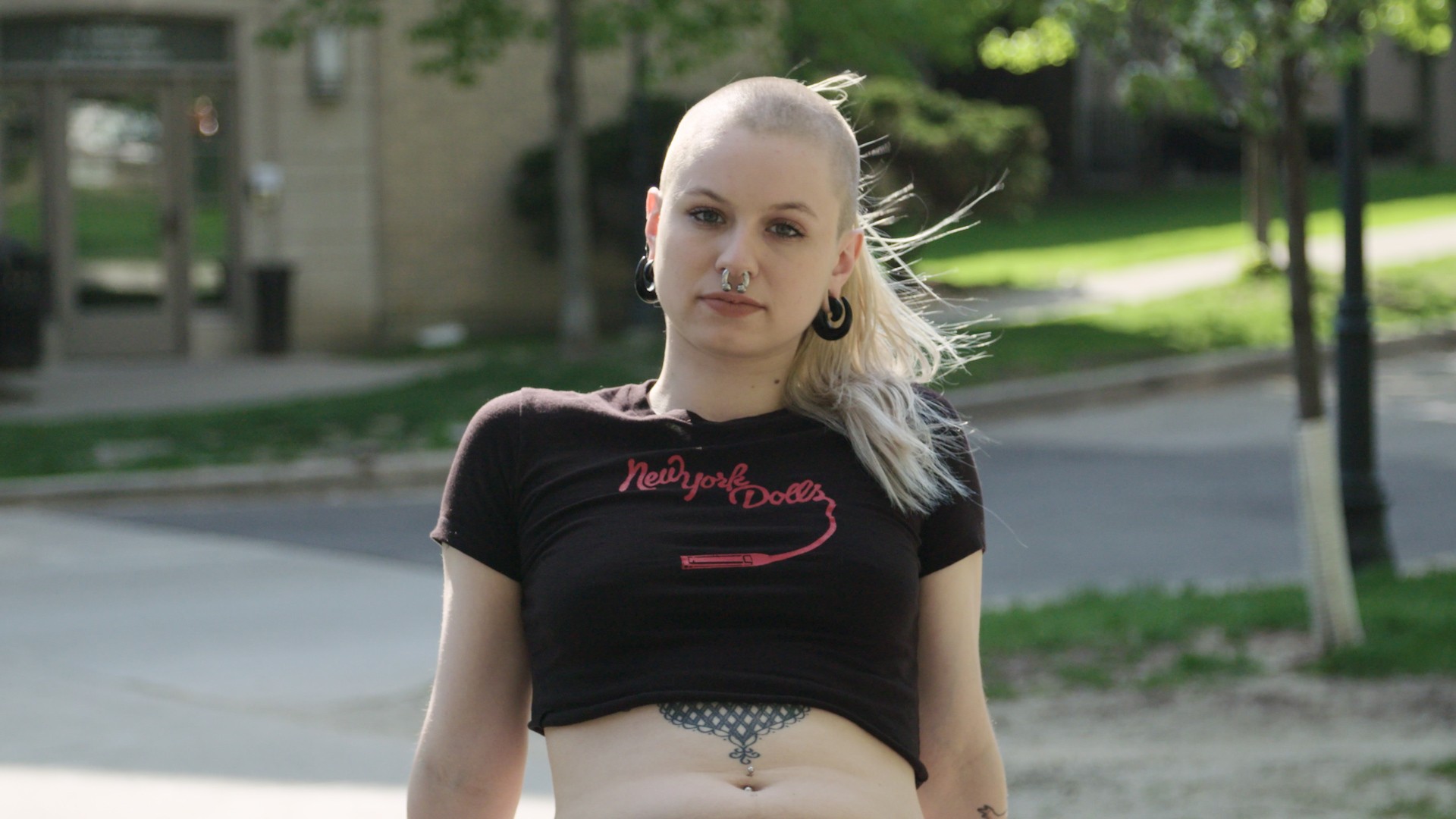Image courtesy of Joshua M. Ferguson
Nearly a year after Joshua M. Ferguson applied for their non-binary birth certificate, Ontario has granted their request. Ferguson now has the first non-binary birth certificate in the Canadian province.Following Ferguson’s application and a subsequent human rights claim, policy in Ontario has now also changed to allow for options other than male and female on birth certificates: a non-binary identifier (“X”), as well as the option of not displaying sex identification.“I feel relieved because I know the policy will save lives on a macro level—this is bigger than just me,” Ferguson told VICE. “It’s significant for me to finally have my correct birth certificate after 35 years of life, but, for me, it’s more significant that I know it will save lives.”Ferguson explained how having proper ID can contribute to decreasing social isolation, anxiety, depression, and suicidal ideation for trans people.“This matters: We deserve to be treated with respect and to be valued by society,” Ferguson said. Though ID is an important step forward for visibility of non-binary people, Ferguson has some advice for those wondering how members of society can be more inclusive: Start with respecting people as human beings.“If we start with the basic respect and value for each other as human beings, then I think people who may not agree or may not understand may actually want to understand more,” Ferguson said. This policy change in Ontario, they said, is a stride forward in “making it clear that we exist.”Ferguson’s memoir is forthcoming in 2019. They are also a filmmaker and are working on a documentary about their life as a non-binary person, including their fight for legal recognition.“I think it will be a new story for many people, and I think people will want to know and understand,” Ferguson said. “It starts with my story, which I think is a very human story—a story of survival and of resilience.”
Though ID is an important step forward for visibility of non-binary people, Ferguson has some advice for those wondering how members of society can be more inclusive: Start with respecting people as human beings.“If we start with the basic respect and value for each other as human beings, then I think people who may not agree or may not understand may actually want to understand more,” Ferguson said. This policy change in Ontario, they said, is a stride forward in “making it clear that we exist.”Ferguson’s memoir is forthcoming in 2019. They are also a filmmaker and are working on a documentary about their life as a non-binary person, including their fight for legal recognition.“I think it will be a new story for many people, and I think people will want to know and understand,” Ferguson said. “It starts with my story, which I think is a very human story—a story of survival and of resilience.”
Advertisement
They described birth certificates as a “foundational document for our ID in society.” This policy change, Ferguson said, will provide people who may not even have a driver’s license yet with the potential to have their proper identity on a “vital form of ID for personhood.”With Ontario's current options for birth certificates—male, female, non-binary, as well as the option of displaying no sex identification—the province became the first jurisdiction in the world to implement such policy.Ferguson’s challenges with having their proper identifier as non-binary on their IDs is yet from over, though. They are currently seeking to have their driver’s licence and health card corrected in British Columbia, where they live. The applications to do so were rejected and have become the subject of a human rights claim.

